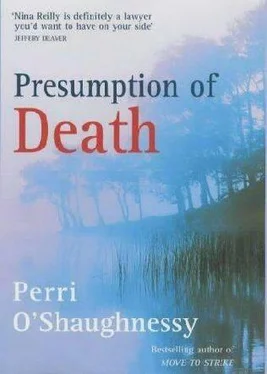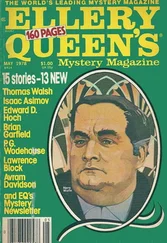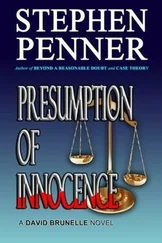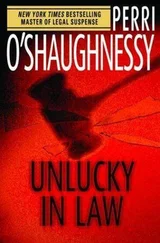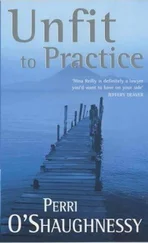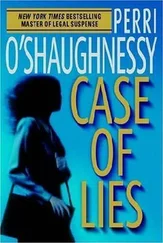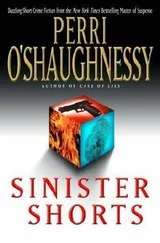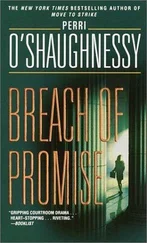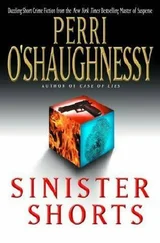She looked up the mountain at the broad scar running all the way down its flank, from the wildfire a few years before that had forced the monks to evacuate. No fire now, just heat, the hillsides shimmering with it.
Today the temperature might top a hundred degrees. She would go inside by 10:00 A.M. During the winter and fall months, the monastery closed to all visitors, while its residents engaged in intensive, ninety-day practice periods called ango . Elizabeth had done that in September. She had mourned a lot and slept a lot. One day she had enough, and went home. Simple, like Zen.
Today, she would return home before sunset. Finding a spot in shade on her boulder, crossing her legs, she sat for a long time amid the disheveled business of her Self, not trying for anything or expecting anything, just sitting. Like a monk of old on a rock above the river, she heard rushing water, allowed patterns of light to drift through her downcast eyes.
Old thought-patterns arose and she let them in.
They had died in a head-on collision in San Francisco. She had been at home, taking a nap. Five years it has been, she thought in wonderment.
She breathed in and out on her rock.
What she couldn’t get over was that at the moment of impact she hadn’t even woken up, hadn’t had enough of a connection with them even to feel them cry out as they left the earth. A certain moment occurred and all she loved was gone. She had nowhere to go and nothing to do and several million dollars from her dead husband. From her dead daughter, May, she had only memories.
For a while she drifted around like a wraith. She went to Kyoto and Dharamsala and Mount Kailash and other holy places, avoiding people. She ended up back in the high-rise in San Francisco, seeing a shrink three times a week. May’s last moments came to her frequently in her dreams.
After a long time, Elizabeth gathered herself together again. She still didn’t think she deserved to be alive, but she made a contract with life-to spend it helping others.
And so she went to Africa for two years and gave most of the money to various groups and worked for Médecins Sans Frontières until she came down with dengue fever and had to be airlifted out. She despised herself for her lack of stamina even more, but she stayed in the U.S. this time. She joined an environmental group in Humboldt County protesting logging of first-growth forest there, and for two weeks she even sat in a tree.
During a visit to her sister and a subsequent retreat at Tassajara, she saw Carmel Valley and thought, I’ll build a home there, close to the monastery, close to a place to run to.
Then, when the home was finished nearly two years later, she again looked around for something to save.
Moving into traditional political activism and Valley conservation issues, she worked furiously and gave more money, and soon she was a member of several local boards and commissions that were trying to stop further degradation of the viewsheds and water sources into the Valley.
And finally she decided to get back on the Ph.D. track. Why? Because there were still so many nights when she sat alone in her living room, drinking brandy, thinking too much. She got a Ph.D. committee together and chose a subject, and found it gave her a reason to wake up in the morning.
Stop running the pictures, she thought. She came back to the rock, the river, and the breathing.
And fell back into her blackest place.
And let the waves of pain wash away, then return in their eternal cycle.
She didn’t know how long she sat, legs cramping, sunshine burning down through the leaves, but when she came out of the moment and back to the setting, she noticed the shadows around the oaks and chaparral had shrunken. Her arms had turned red. Her stomach growled and her back ached. The stream ran below. She reached into her bag and had a meditative smoke, then stood up, making her way to the dining room for food.
Although several others were eating their plates of rice on wooden picnic tables outside and were involved in small discussions, she avoided them as always, moving away to sit on some wooden steps, eating under the lines and shadows of a cooling trellis. She didn’t want to waste her time in group chitchat. She had had enough of that at the party on Siesta Court the night before.
After she finished eating, she soaked in the outdoor pool lined in round stones outside the bathhouse, then moved inside to the tile tub, all the time staying out of conversations. One thing about people here, they left you alone.
Lying in the hot tub, she began thinking about how the events at the party the night before might fit into her thesis.
Too bad about Britta outing the recordings. She had continued to tape anyway. Nobody expected that, so she did it. Nevertheless, last night’s Siesta Court party would be her final information-gathering session. The newbies and locals could interact without her interference from now on.
Getting out, she dried off and changed. She had the tape to transcribe and scholarly thoughts to express, objective thoughts that never got out of hand. Lapsang souchong to drink. Another day to get through.
The long drive back went quickly. She felt renewed by her mini-retreat, and the trees and hills flashed by like benevolent green presences in a beautiful world. She even thought to herself at one point, am I getting better?
Dark had come. Elizabeth turned on the light in her kitchen and found some cold brown rice in the fridge. She added some plain yogurt and that took care of dinner.
Bath time. She drew it out, shaving her legs carefully, letting all the hot water run out. She found a blue silk kimono in a bamboo pattern to wear, fitting for the day and her mood. With a towel, she ruffled her wet hair.
The silence of the house surrounded her. She descended the stairway, moving various things out of her mind, the sound of the floors creaking, the emptiness of the bedrooms. She checked her watch with a kind of despair. Nine, too early to go to bed yet. Do some work.
The biggest room downstairs was octagonal and painted forest green. There, she kept her desk and her work. And there, she stared out the window at the hillsides and the moon. Adjusting herself in her chair, she picked up the standard cassette, labeled it, and set it into the compartment of the transcribing machine she used.
The doorbell made her jerk.
She peered through the side windows that showed her who might come calling, though no one except FedEx and Debbie ever did.
She reached for the handle of the door and opened it.
“But why have you come?” she asked.
Darryl Eubanks sat on the wicker settee across from her desk. She leaned over in the Queen Anne chair, attending to the pot on the brass tray on the wooden chest. He sipped the sweet smoky tea she had handed him and grimaced.
“You don’t like it.”
“I hafta say, I’m an orange pekoe man, myself.”
“Someone I know bought this at Ten-Lin in San Francisco. It’s the best.”
“I believe you. I’m no connoisseur. Nice photos. Wow.”
“They’re from Tanzania.”
“It’s a very impressive house,” Darryl said. He wore a sport jacket and jeans and was sober, or she wouldn’t have let him in.
“Bigger than I need. I know,” she said.
“I didn’t mean that. It’s just… teachers live in reduced circumstances these days. It makes Tory so mad, the way we’re underrated.”
“I can understand that.”
“Because she believes we deserve more.”
“She’s right. What do you teach?”
“Phys ed. Eighth grade.”
“I thought you were a firefighter.”
“Oh. I am, but it’s volunteer work.”
“Right. Do you like it?”
Darryl laughed. “It’s a duty. I dread being called out to a fire. But we have to work together or the whole forest would burn down some summer. I got called up to your neighborhood on the ridge fire. It came within a quarter mile of you. You were lucky.”
Читать дальше
